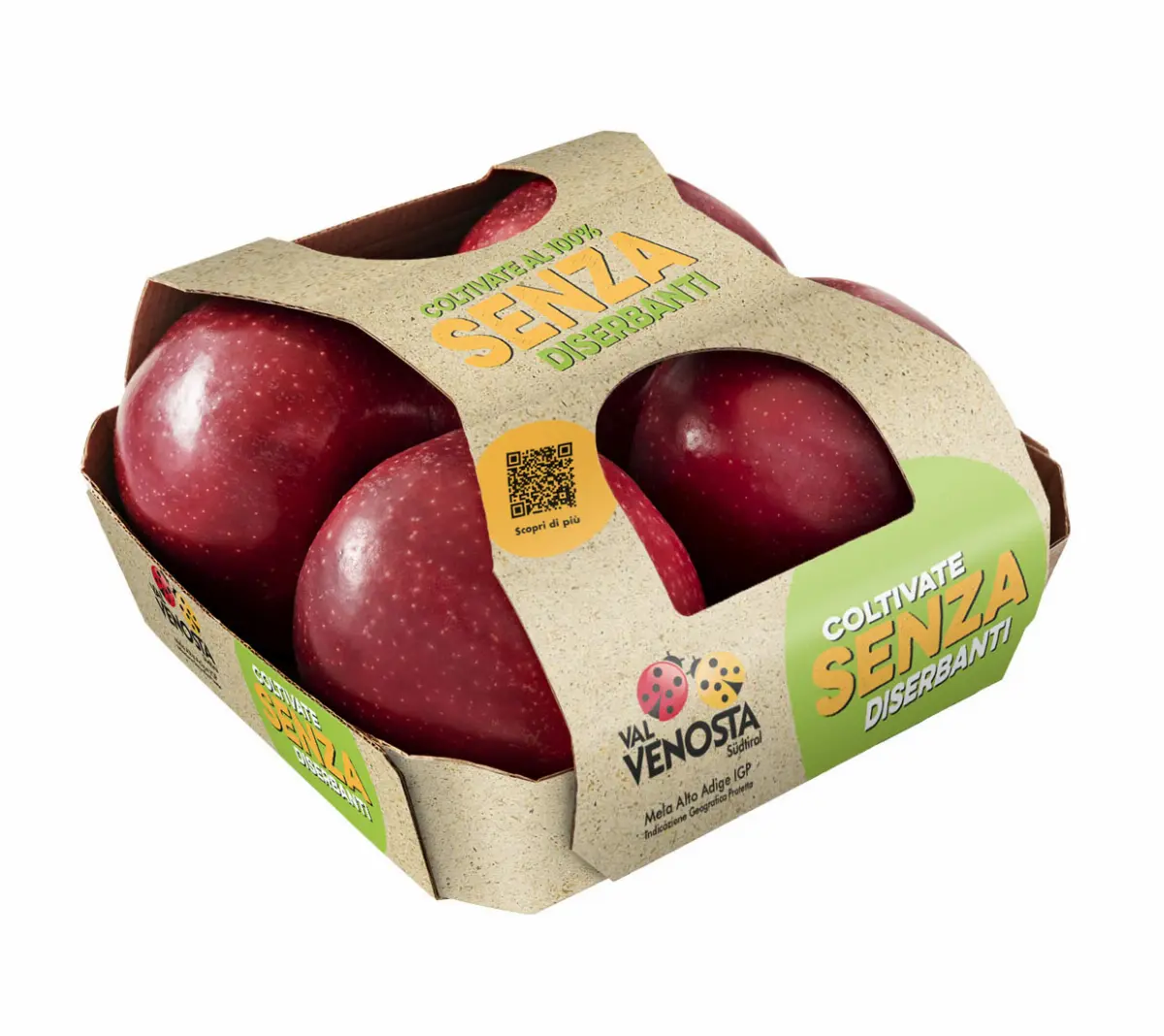
Do you want to access to this and other private contents?
Log in if you are a subscriber or click here to request service
Munich throws a poisoned apple at Val Venosta
In a study, the Umweltinstitut München accuses producers in South Tyrol of uninterrupted use of banned pesticides

The one launched by the Umweltinstitut München, the environmental institute of Munich in Alto Adige, or even better in Val Venosta, is a sort of "poison apple". In fact, the Bavarian institute accuses apple producers in South Tyrol of having used pesticides, since 2017, "uninterruptedly for several months" and with "multiple exposure" of different products.The Umweltinstitut analyzed the booklets...
lml - 28949
EFA News - European Food Agency
◄ Previous page
EFA News - European Food Agency